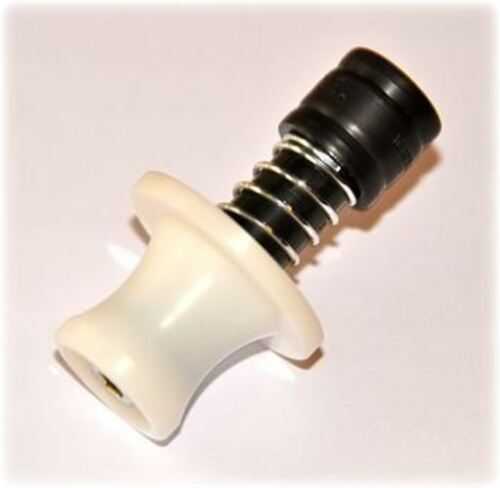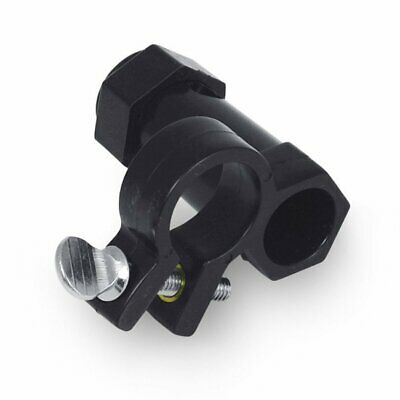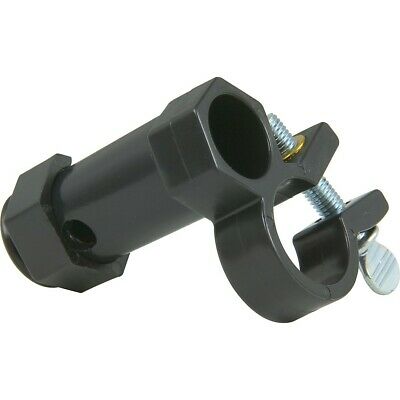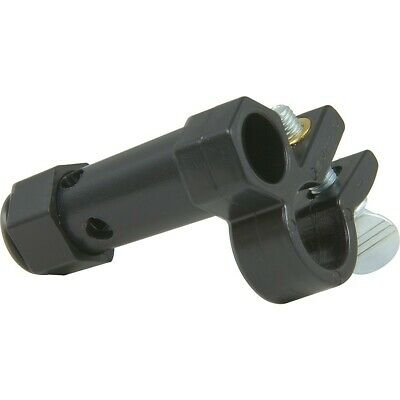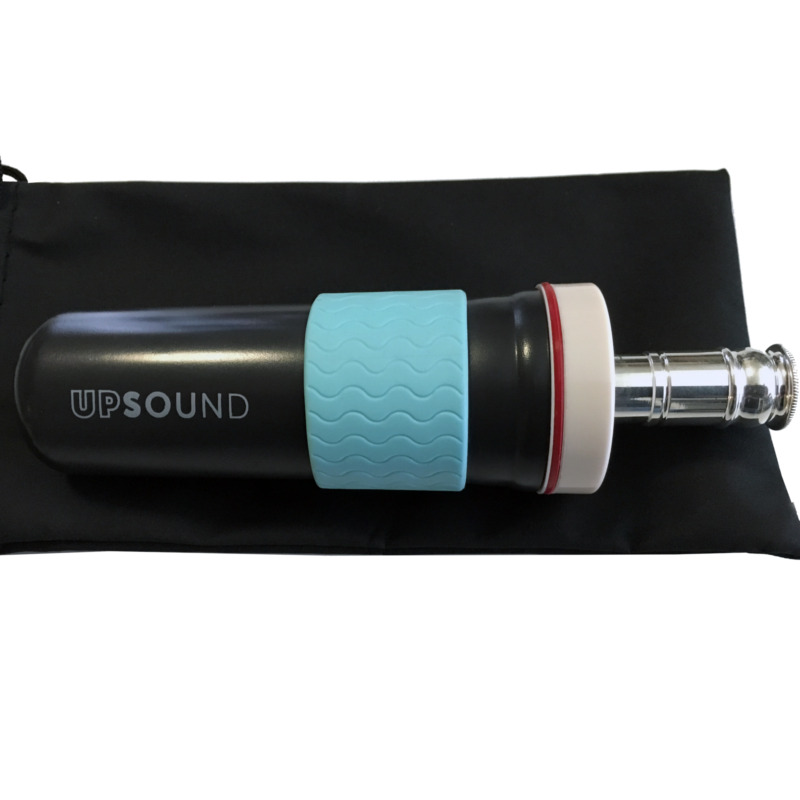-40%
A.P.E. - Anti-Pressure Exerciser by Warburton
$ 26.37
- Description
- Size Guide
Description
A.P.E. - Anti-Pressure ExerciserTrumpet players know this story all too well.... To get those screaming high notes, there is a natural tendency to push the mouthpiece HARD against the chops. Often times too hard - to the point where you regret it later. Players know that more mouthpiece pressure can help to support weak or tired chops in order to continue playing. The downside is that too much pressure against the lips prevents proper blood flow, and you wear out even faster - and finally it's game over until you've had plenty of time to rest.
The Warburton A.P.E. helps you learn how to maintain a high
quality full-range buzz without applying excessive pressure.
Delrin Plastic model now available for Trumpet, Cornet, French Horn, and Tenor Trombone!
Key Benefits:
By learning how to reduce mouthpiece pressure against the lips you will gain endurance.
Sound quality will improve because you're also learning how to maintain the best quality buzz.
Without the trumpet "in the way", you can focus strictly on learning what mouthpiece angle and embouchure/aperture/lip set works best for you - just by listening to the quality of the buzz.
How does it work?
It's easy to use - just plug your mouthpiece into it and start buzzing in the lower range. Then increase the pitch of your buzz as if playing a scale.
As you ascend higher up the scale you will naturally start to press the mouthpiece harder against your lips. The harder you press, the more you will compress the spring - which in turn will cause the air outlet to begin closing.
If you're pressing too hard, the air outlet closes and the buzz stops because the air cannot escape.
With practice you will learn to ascend higher and higher up the scale without closing off the air escape.
In order to keep the the A.P.E. working as smoothly, you may find it helpful to occasionally clean any debris that might accumulate (pocket lint, etc) between the sliding pieces. A weak detergent solution followed by rinsing with water and drying with a lint free cloth will work fine for this cleaning.
One final tip: be sure to push on the A.P.E. evenly from both sides and in a straight line to ensure smooth sliding operation of the parts.
(For clarity, the spring and finger rings shown in the photos above are removed from these illustrations)
Here you can see the air outlet hole and end of the mouthpiece inserted into the A.P.E.:
Spring not compressed and the air outlet is wide open. No problem buzzing in this position.
Spring slightly compressed and the air outlet is staring to close. You will start feeling more back pressure in this position.
Spring is compressed even further by more mouthpiece pressure and the air outlet is almost closed.
Buzzing is starting to get very difficult because of the back pressure.
Too much mouthpiece pressure has compressed the spring enough that the air outlet is closed.
Buzzing cannot continue until you reduce the mouthpiece pressure enough to open the air outlet hole.
